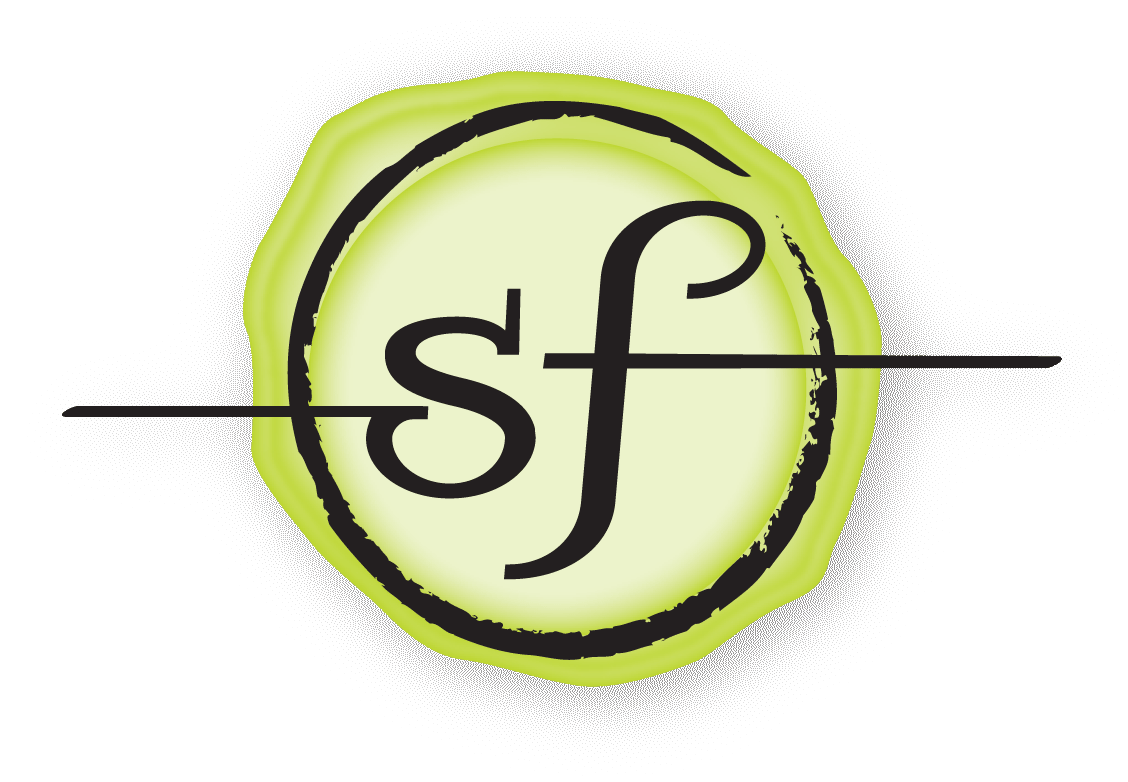I will be facilitating a networking workshop for graduate students at Indiana University on Thursday, February 15, 2018, at 12:30 pm in Hazelbaker Hall at the Wells Library (east tower).
Because of my work doing career programming and advising for graduate students in history, the Indiana University Graduate and Professional Student Organization contacted me about facilitating one of their professional development workshops this semester and let me choose the topic. I selected networking because I’m something of a zealot on the subject. Honestly, my professional community has been such a huge factor in my success, I simply can’t imagine my career without this kind of warm, caring support system. And I want others to know what a difference building a support system can make.

My workshop will explore the specific benefits of building a network and describe the various approaches to the task. And since I’ve been deep in the topic for the last few days and seeing as how conference season will be starting in just a few weeks, I offer here a few tips on networking at conferences for young professionals who don’t know many colleagues yet.
- Many conferences offer special sessions for newcomers. Go to the first-time attendees orientation; attend the graduate student reception; sign up for the speed-mentoring lab. These are the places to find other folks who are new to the conference and the profession, and as such they may be more eager to meet new people. Relationships may develop that will nurture you throughout your career.
- If you are presenting at a conference, suggest that the panelists get together for a coffee or a meal in advance of the session. This will allow you to get to know each other better and find out more about each other’s work, while also helping you feel more prepared for your presentation.
- If you’re on Twitter, live-tweet some of the sessions, interact with your fellow live-tweeters, then take the conversation into meatspace by attending the conference tweet-up, suggesting to a fellow tweeter that you meet for a meal, or saying “Hi” to people you recognize from their feeds.
- Don’t spend the whole conference hanging out with your coworkers or fellow students in your graduate program. I know it’s tempting; these are people you already know, and the alternative is to risk feeling socially awkward by, say, standing alone at a reception. But if you want to meet new people, you have to be approachable, and few people are going to brave walking up to a jovial group of people who are already talking among themselves.
- Talk to people. It sounds obvious, but (at least for me, at the beginning) it’s also terrifying. Alas, the simple truth is that you’ll meet a whole lot more people if you initiate conversations, than if you passively wait for someone to come up to you. You can be methodical about it, chatting with panelists after presentations you enjoyed and emailing people ahead of time whom you’d like to meet to invite them for a cup of coffee during the conference. You can also take your chances by just chatting with the person sitting next to you at the luncheon or walking up to the person standing by themselves at the reception. More often than not, folks will be grateful that you initiated contact.
- Put the cell phone down. Seriously. You’re paying a lot of money to attend a conference; you can catch up on email or text your friends once you get back home. If you want to meet people, you need to be approachable, and a person staring intently at a screen is NOT approachable. So, people-watch instead; make eye contact; smile at people. But note that there are two caveats to this suggestion. First, if you are an introvert and need to take a break from interacting with people, pulling out your cell phone is an easy way to get that break. Second, if you’re using your cell phone to interact on social media about the conference, and you’re going to use that interaction to build real relationships with new people, then that’s a good use of screen time. Just make sure you also spend some time being present at the conference, away from social media.
- Follow up. If you meet someone at a conference you want to know better, or would like to stay in touch with, take steps to do so. A quick email after you get back home will refresh their memory about your conversation and get your email address into their address book. Connect with them on Linked In or follow them on Twitter, and make an effort to interact with them directly on those platforms now and then. The next time you’re headed to a conference, ask if they’re going too and, if so, arrange to share a meal. Repeated contact is the way long-lasting professional relationships are built.
Some people are networking naturals. I envy them, because I most certainly am not one of them. In the early days of my career, I had to force myself to walk up to strangers and start chatting. I have been so nervous meeting new people that I have walked into walls, spilled wine on my companions, and accidentally launched appetizers across the room while gesturing. (Literally… and more than once.) You probably won’t be a networking ace at your first conference, either. It’s OK. With practice, it gets easier. And the reward is good relationships with people who do similar work in the world and hopefully share a passion for that work. It’s worth it!
